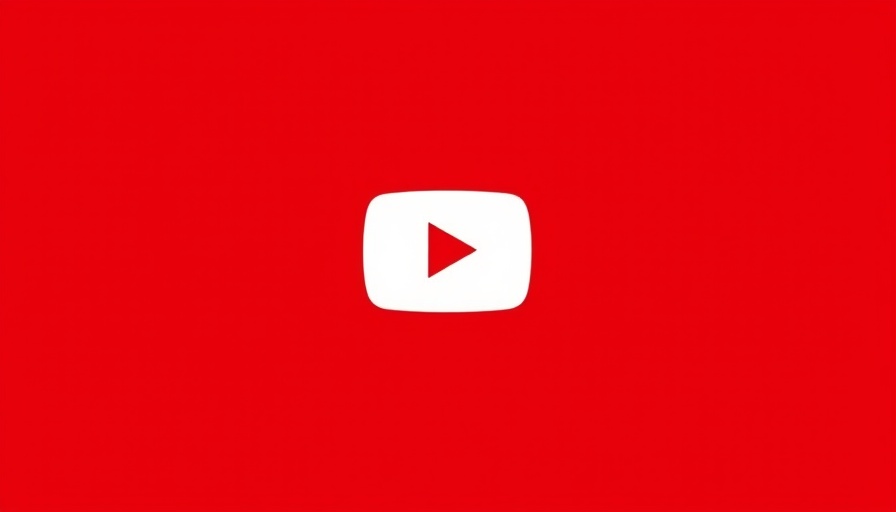
Understanding the Rising Need for Mental Health Support
Amidst the unfolding challenges faced by many in our society, particularly the youth, families, and professionals, there has been an alarming rise in anxiety disorders and mental health issues. The COVID-19 pandemic has only exacerbated these problems, leading to increased instances of panic attacks, generalized anxiety disorder, and immense stress management challenges. Reports indicate that millions are grappling with depression, largely driven by economic uncertainty and social isolation.
The Stigma Surrounding Mental Health Issues
Despite the growing awareness of mental health issues, stigma persists, rendering conversations about anxiety and depression taboo. This stigma often discourages those suffering from reaching out for help, exacerbating feelings of isolation and alienation. Statistics reveal that only a fraction of those affected seek professional help, often due to underlying fears of being judged or misunderstood.
Support Groups and Community Outreach: Lifelines for the Vulnerable
Community outreach programs and support groups are emerging as critical lifelines for those grappling with anxiety and other mental health issues. These platforms offer a judgment-free space for individuals to share their experiences and coping strategies. They also foster a sense of belonging, vital for mental well-being. In particular, the Southern African Depression and Anxiety Group (SADAG) helpline is a pivotal resource for individuals battling anxiety disorders, providing counseling and support tailored to the patient's needs.
The Role of Therapy and Cognitive Behavioral Approaches
Cognitive Behavioral Therapy (CBT) has become one of the most researched and effective treatments for a variety of anxiety disorders. It emphasizes understanding the connection between thoughts, feelings, and behaviors, equipping individuals with tools to challenge their anxiety responses. Additionally, therapies focusing on mindfulness, relaxation techniques, and meditation are invaluable as they help in fostering a state of calm during anxious moments.
Innovative Solutions: Mental Health Apps and Online Resources
In today’s digital age, mental health apps are revolutionizing how individuals access support. Platforms offering online therapy (teletherapy) have made therapy more accessible, especially for those who may feel uncomfortable seeking face-to-face help. These resources often include exercises for managing anxiety, mindfulness practices, and peer support features that enhance emotional resilience.
Preventive Strategies: Building Resilience Against Anxiety
Preventative measures are vital for addressing mental health issues before they escalate. Strategies such as mindfulness, exercise, proper nutrition, and effective sleep hygiene are increasingly recognized for their roles in maintaining mental well-being. Schools and workplaces are beginning to adopt mental health education as part of their curriculum and benefit programs, fostering environments where mental health is openly discussed and prioritized.
Emerging Trends in Mental Health Policy
As awareness of the mental health crisis grows, policymakers are beginning to implement legislation aimed at enhancing mental health support services. The discussion surrounding National Health Insurance has become increasingly relevant, as the need for comprehensive mental health coverage is essential to combat the rising tide of anxiety disorders.
An Invitation to Take Action
The narrative around mental health is changing, and it’s crucial for everyone—from individuals to policymakers—to play a part in this transformation. By promoting mental health awareness, reducing stigma, and ensuring accessible resources, we can create a supportive environment where individuals feel empowered to seek help. If you or someone you know is struggling, reach out to support groups or a mental health professional. We are all in this together, and there is hope for recovery.
 Add Row
Add Row  Add
Add 




Write A Comment